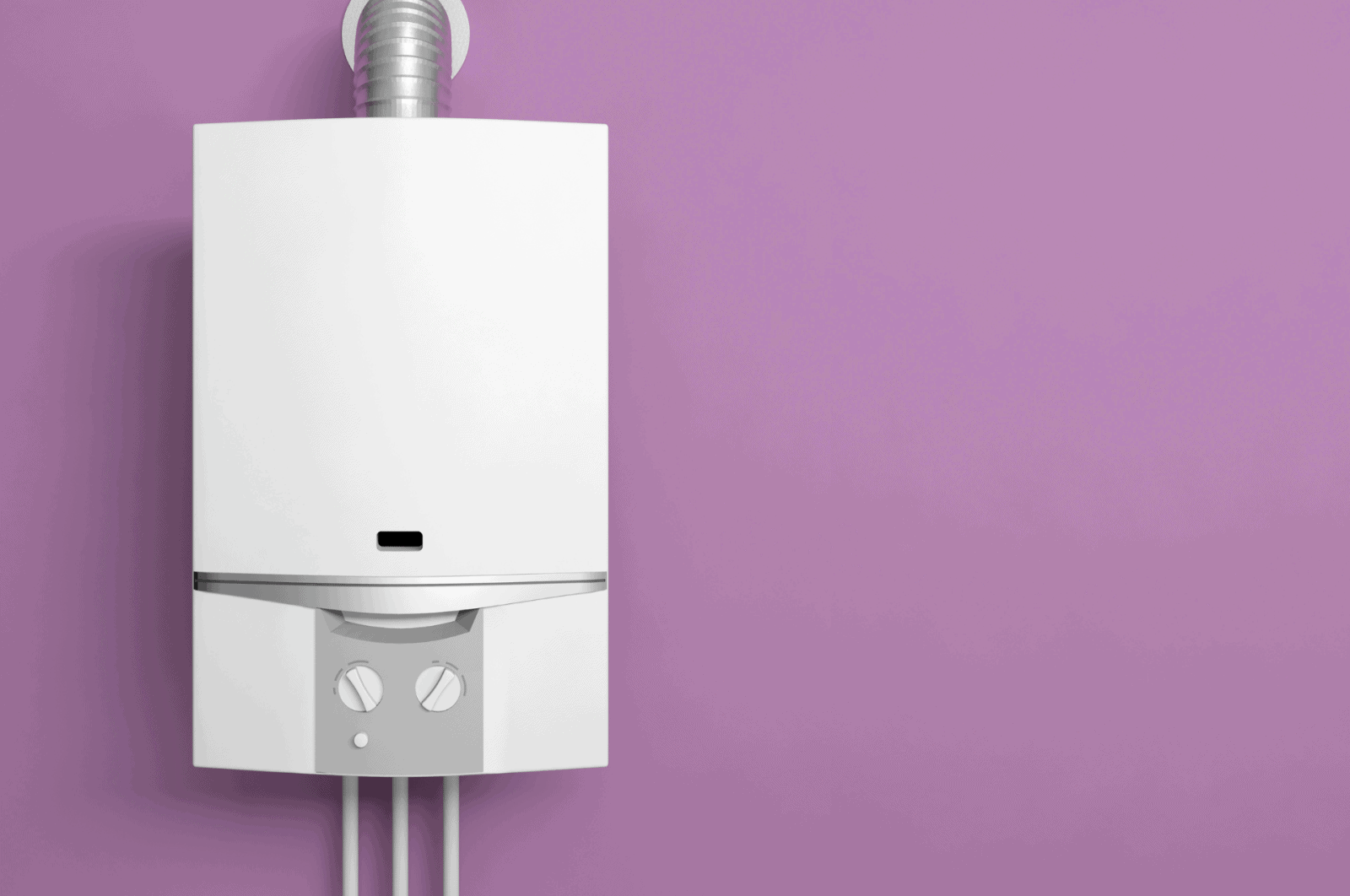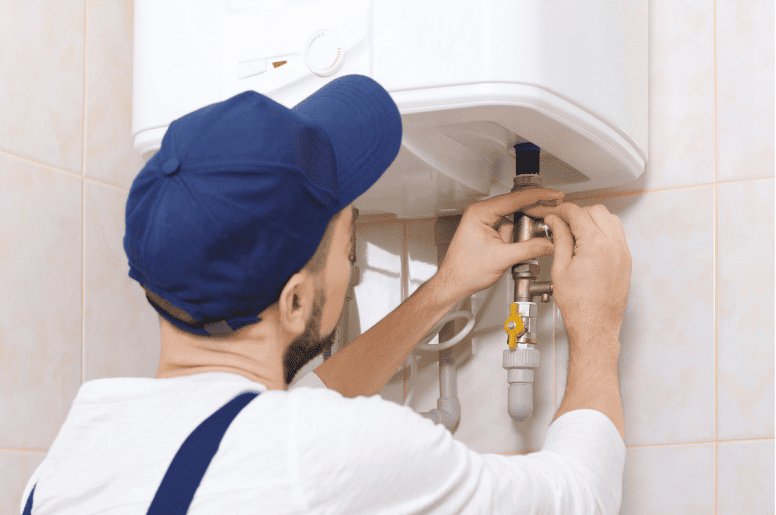Find A Plumber Near You
Call Us Now:

Your water heater is a hardworking hero, quietly providing you with warm water for showers, laundry, and dishes.
We may not actively think about it, but thank goodness water heaters exist. They add an immense amount of comfort and convenience to daily life, which is why it’s important that you take care of them to get the most out of your investment.
But how long does a water heater last? How can we extend that period of time?
Whether you have a traditional tank-style or a fancy tankless water heater, we’ve got you covered with simple tasks you can do yourself, to knowing when it’s time to call the pros.
Let’s get into it!
A water heater usually lasts eight to 13 years. Around year 10, users can expect to notice signs of wear and tear. While this might seem like a relatively short time compared to other types of home appliances, don’t forget that water heaters work all day, every day, 24/7 to keep you and your family supplied with hot water.
Hard water contains high levels of magnesium and calcium, which causes sediment deposits to accumulate inside your water heater. Once the buildup gets to be too much, it could take a huge toll on the lifespan of the water heater.
Luckily, this can be remedied by installing a water softener, which is a device that filters out minerals to let only soft water flow through.
Heated water expands, and when it finds no release, it can cause the internal pressure levels to rise. In severe cases, the increased thermal energy could trigger a water heater burst or failure.
The solution is an expansion tank. The purpose of an expansion tank is to quickly minimize pressure in the water heater.

Small but powerful, an anode rod has the ability to double the lifespan of your water heater.
This component protects your water heater tank from rust. However, once it has reached its limit, your device is back to developing rust. It’s advised to monitor the condition of the anode rod at least once a year.
To keep this component in check, all you have to do is:
Step 1: Switch off the water and the power supply to the heater.
Step 2: Next, drain a few gallons of water (not all of it) into a bucket.
Step 3: Locate the anode rod, which is usually placed under the water heater’s lid.
If more than half of the rod is covered in corrosion, it’s time for a new rod.
Is your water heater connected to a gas line?
If so, it requires regular maintenance checks to monitor for leaks, rust, or cracks in the supply line. If you notice any of the aforementioned issues, it would be a good idea to call your local plumber immediately.
A spike in your energy bills could be a telltale sign that something is amiss with your water heater.
Insulating the pipes doesn’t extend the water heater’s lifespan per se, but it does help make it 10 times more efficient. On top of that, proper insulation boosts the temperature by two to four degrees.
Most importantly, you won’t have to worry about frost and burst pipes during the colder months of the year.
Circling back to sediment build-up, systematic tank flushing is another method you can use to extend the lifespan of your appliance.
For optimal water heater performance, drain three gallons of water from the tank to eliminate mineral accumulation. Keep in mind that the water is hot, so handle this task with care.
Performing routine maintenance checks is one of the best ways to keep your water heater in pristine condition. Having a professional evaluate the unit helps you identify which parts need to be repaired or replaced.
Maintenance checks are the key to preventing irreversible damage, which may prompt you to break the bank in the long run.

So, how long does a water heater last? Well, it all depends on how well you take care of it.
Professional maintenance is a surefire way to keep your water heater running in mint condition for many years to come.
For expert water heater installation and repair services in Hamilton, Oakville, and Burlington, you can put your trust in the team at 1st Rooter! With over 25 years of experience, there’s no plumbing issue we can’t resolve.
Contact us today to turn your water heater woes into water heat woahs!
Leave A Reply